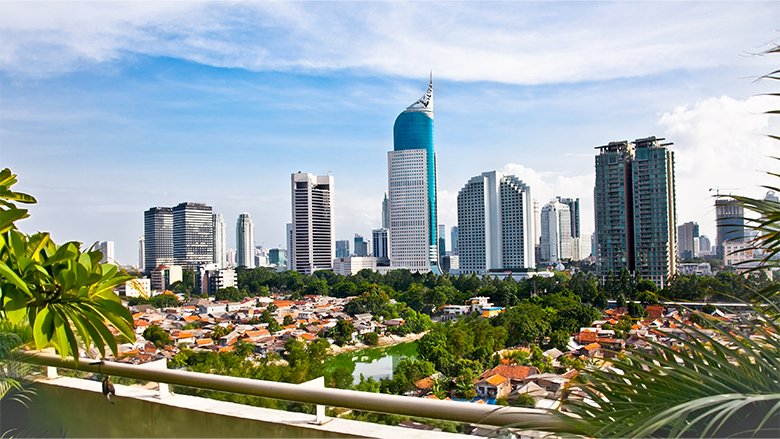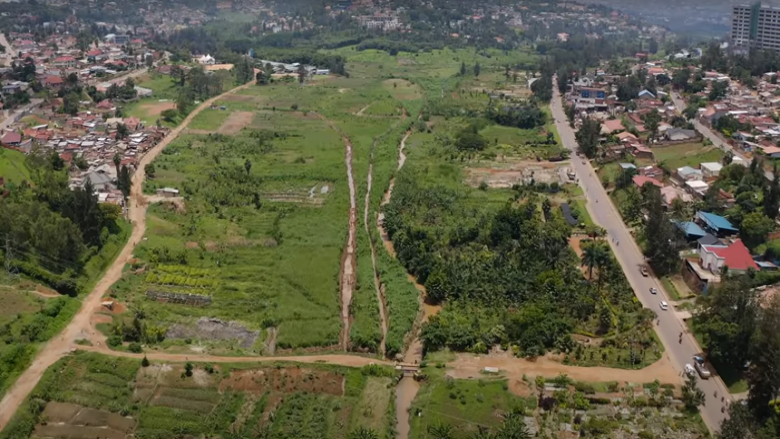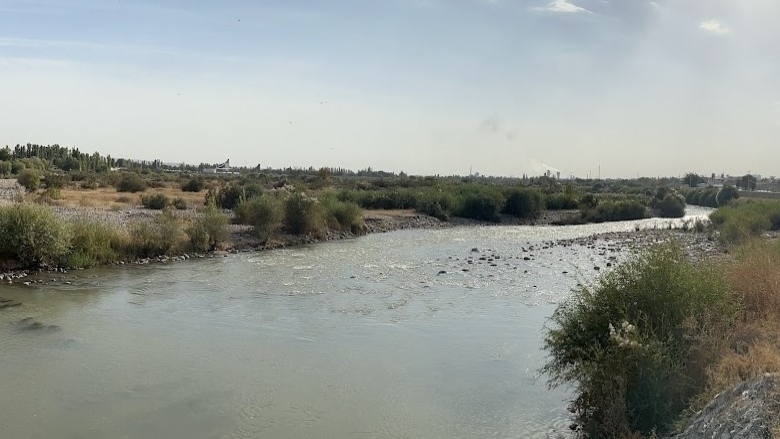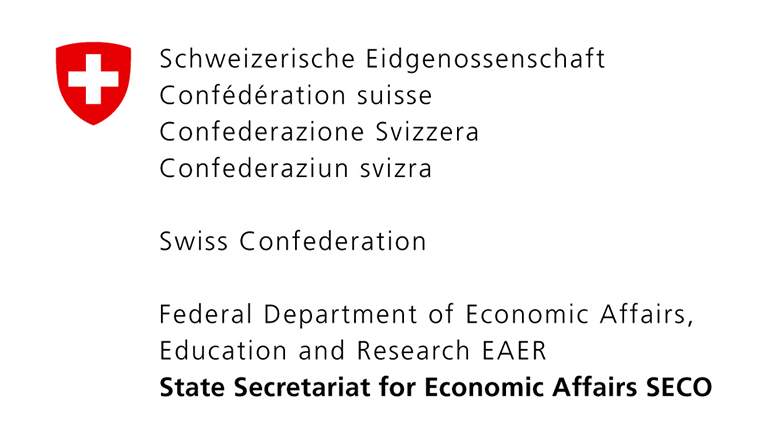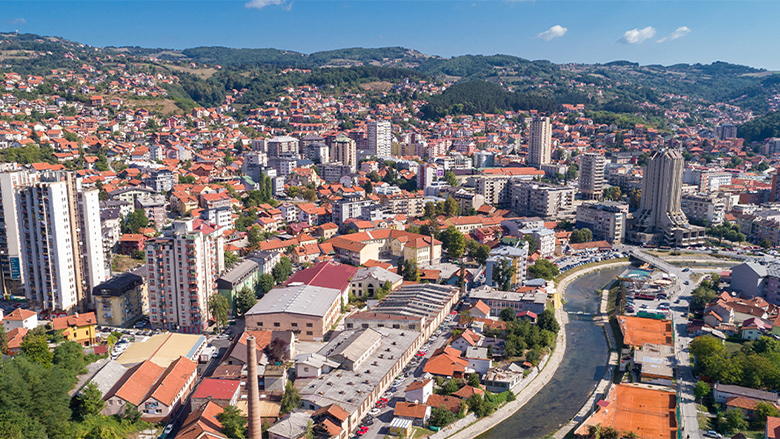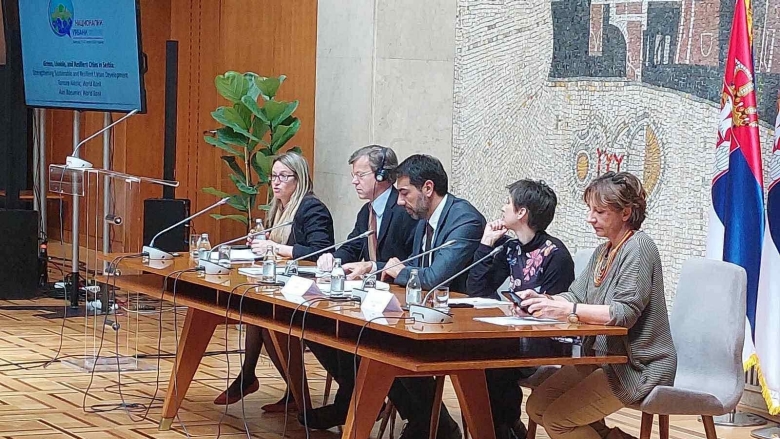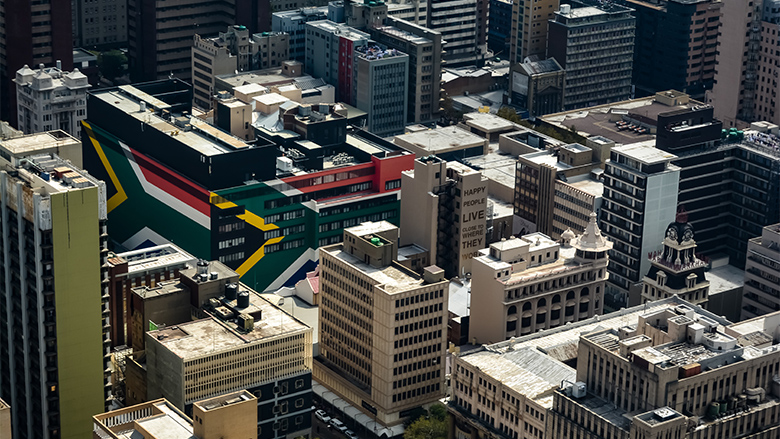The SURGE umbrella program currently supports seven country programs in Bolivia, Peru, Serbia, South Africa, Indonesia, Rwanda and Uzbekistan.
SURGE Umbrella Program
Country Programs
-
Bolivia Urban Resilience Technical Assistance Program
The Swiss State Secretariat for Economic Affairs (SECO) and the World Bank are expanding and deepening their support to Bolivia under SURGE through the Bolivia Urban Resilience Technical Assistance Program. To reduce the vulnerability to natural hazards and improve living conditions, the program aims to strengthen the municipal institutional and financial capacity and the national policy environment in Bolivia for resilient urban development.
The program has three main components:
- Improving capacities for implementing resilient infrastructure, public space and urban mobility in Bolivian cities.
- Mobilization and diversification of financing for urban resilience, through innovative financing mechanisms.
- Strengthening the capacity of the government to apply tools and mechanisms for urban resilience.
-
Strengthening Urban Cadasters for Urban Governance in Peru
The Swiss State Secretariat for Economic Affairs (SECO) and the World Bank are partnering to strengthen national and municipal government capacity to improve territorial management and financial and institutional urban governance through the Strengthening Urban Cadasters for Urban Governance in Peru program, launched in 2020.
The program has three main components:
- Designing technical groundwork for the adoption, adaptation, and scaling up of the land administration domain model.
- Assessing the capacity of municipalities and relevant agencies on urban cadaster production, management, and use.
- Strengthening institutional capacity of Peru's Ministry of Housing, Construction and Sanitation and municipal governments on the use of cadastral information and land value capture instruments.
-
Strengthening Sustainable and Resilient Urban Development in Serbia
In June 2021, the World Bank, in partnership with the Swiss State Secretariat for Economic Affairs (SECO), initiated the Green, Livable, Resilient Cities in Serbia Program, together with Serbia's Ministry of Construction, Transport, and Infrastructure.
The program is structured as a four-year technical assistance program that aims to strengthen the capacity of the Government of Serbia and selected Serbian municipalities to plan for more sustainable, inclusive, and resilient urban development and local economic recovery.
Activities are organized around two components:
- Local support: Strengthening capacities for sustainable urban development and resilience. This component focuses on bolstering the capacity of selected local self-governments to strategically plan, prepare, and execute impactful city-level investments that promote sustainable urban development and resilience. It provides support to advance analytical work, such as city-level assessments, and develops capacity building activities, such as on-the-job training and city to city dialogues.
- National support: Providing analytical advice to implement the sustainable urban development strategy agenda. At the national level, the program aims to enhance the capabilities of policymakers in implementing the sustainable urban development strategy agenda and to foster deeper policy dialogue toward achieving more inclusive, sustainable, resilient, and green urban development, including in lagging regions. This component includes the development of in-depth analytical work to guide national support for local self-governments in achieving sustainable urban development targets, as well as knowledge sharing and networking activities.
- Local support: Strengthening capacities for sustainable urban development and resilience. This component focuses on bolstering the capacity of selected local self-governments to strategically plan, prepare, and execute impactful city-level investments that promote sustainable urban development and resilience. It provides support to advance analytical work, such as city-level assessments, and develops capacity building activities, such as on-the-job training and city to city dialogues.
-
Urban Multidonor Trust Fund for South Africa
The second Urban Multidonor Trust Fund for South Africa was launched in 2020. It supports the implementation of South Africa’s Cities Support Programme and derives its strength from its strong alignment with country priorities.
The program assists eight South African metropolitan areas in strengthening their capacity to promote an integrated urban transformation agenda that is more compact and inclusive. These metro areas are Cape Town, Johannesburg, Tshwane, eThekwini, Nelson Mandela Bay, Buffalo City, Mangaung and Ekurhuleni.
Activities conducted under the Urban Multidonor Trust Fund provide both technical assistance and implementation support to the second phase of the Cities Support Programme and are focused on three of the six components of the programme.
The program focuses on:
- Effective and sustainable fiscal and urban financing and strengthened governance capabilities: This component supports national, provincial, and city stakeholders in strengthening a sustainable urban financing framework that supports spatial transformation, with a special focus on revenue management, investment planning, and leveraging of financial partnerships.
- Sustainable and climate responsive infrastructure and land development: This component serves to integrate climate resilience and sustainability into metro planning, financing, delivery, and implementation, with a focus on strategic infrastructure assets. Activities involve the integration of climate response into both national and city-level infrastructure delivery and asset management tools, the provision of technical assistance to metros in scaling-up their capital investments in climate resilient and low carbon initiatives, and the identification of strategic risks and strategies to promote water resilience.
- Inclusive economic development at the city, regional and national level: This component aims to expedite the implementation of subnational "doing business" reforms by mobilizing city commitments, securing intergovernmental support, and tapping into national and global expertise. Additionally, it emphasizes facilitating cities’ access to spatialized economic data to inform urban planning and investments, as well as promoting incentives for city economic development.
For more detailed information, please visit the Cities Support Programme website.
-
Indonesia Sustainable Urbanization Phase II (IDSUN-II) Multidonor Trust Fund
Through this program, the Swiss State Secretariat for Economic Affairs (SECO) and the World Bank aim to support Indonesian cities in making informed decisions, adopting multi-sectoral approaches, and finding financial solutions for urban challenges. The program uses a multidimensional approach to address urban challenges, covering multiple sectoral aspects, including city planning, water, transportation, disaster resilience, and financial solutions.
The program has six key components:
- Integrated planning and investments for sustainable and resilient cities
- Financial solutions
- Disaster risk management
- Water supply and sanitation
- Urban transport
- Knowledge exchange and just-in-time knowledge products.
-
Second Rwanda Urban Development Project (RUDP II)
The Climate Adaptation and Enhanced Urban Resilience program supports the WB financed Second Rwanda Urban Development Project (RUDP II) which aims to improve access to basic services, enhance resilience, and strengthen integrated urban planning and management in the City of Kigali and six secondary cities of Rwanda. Specific interventions in the RUDP II seek to mainstream resilience from the upper to the lower catchment and from the top to the bottom of the hills and include:
(i) wetland rehabilitation;
(ii) green and grey infrastructure to mitigate erosion, reduce and manage storm water runoff along settlements, enhance wetland buffer zones and address flood hotspots;
(iii) comprehensive technical support that can improve city-wide flood risk management, such as development of a storm water master plan and a solid waste strategy.
-
Uzbekistan Country Program
Over half of Uzbekistan’s 37 million population currently lives in urban areas. By 2050, this number is projected to grow by 50%, surpassing 25 million. To help the country effectively address the challenges and opportunities of rapid urban growth, SURGE is supporting the government through Bank-funded projects and technical assistance. Our efforts focus on developing urban infrastructure, creating green and climate-resilient cities, and building capacity to deliver municipal services. We also assist in implementing urban and territorial planning reforms.
The Uzbekistan program is supported by the Swiss State Secretariat for Economic Affairs (SECO), the Republic of Austria through the SURGE Europe and Central Asia Climate Change Program, and the European Union.




